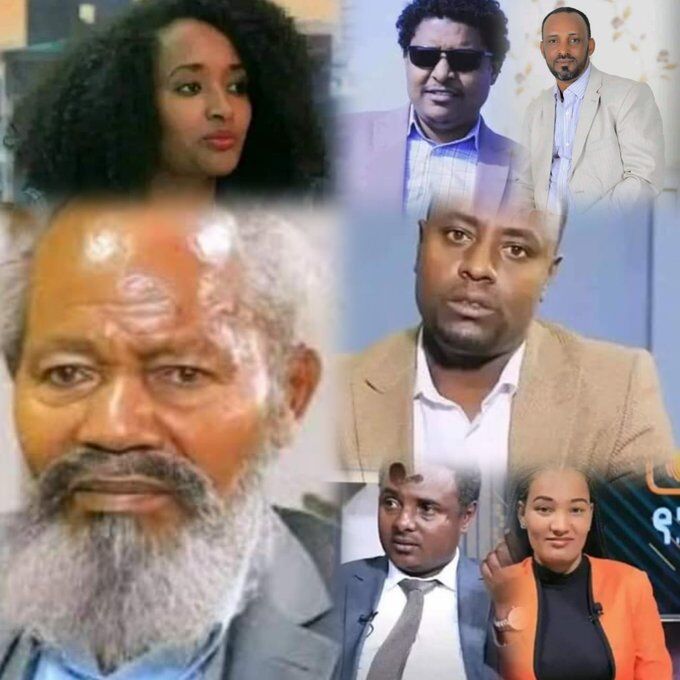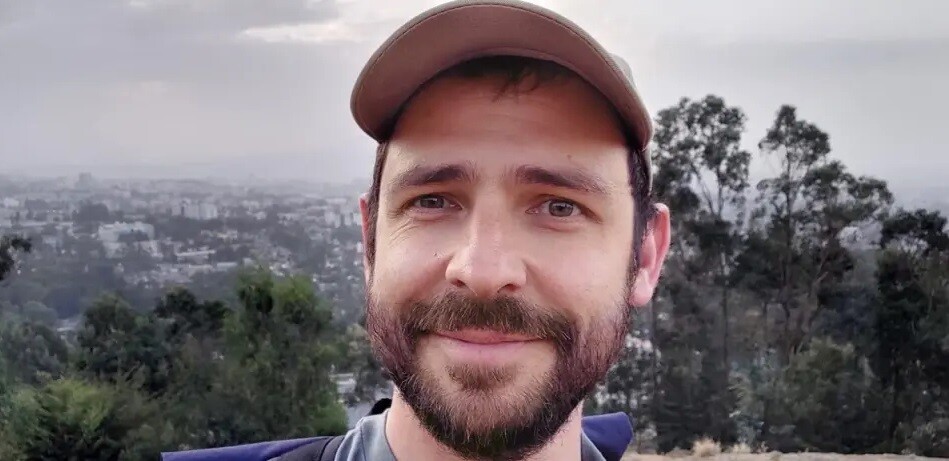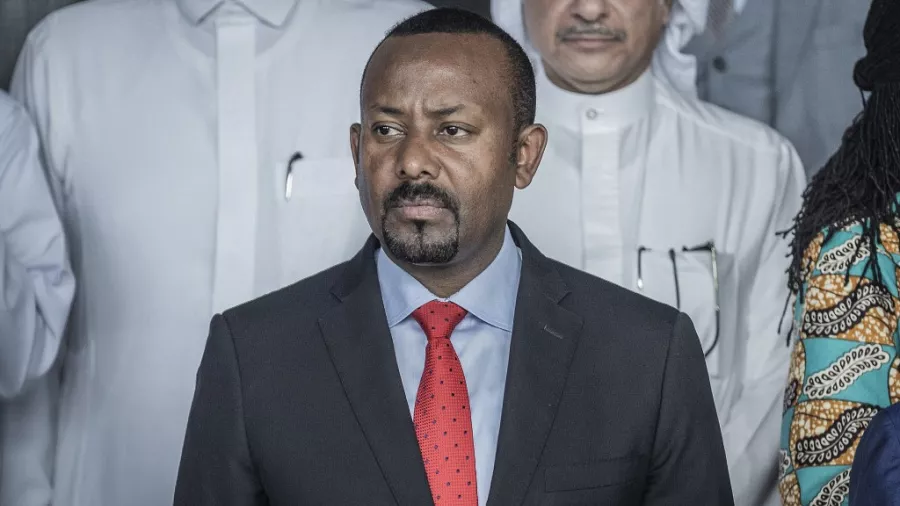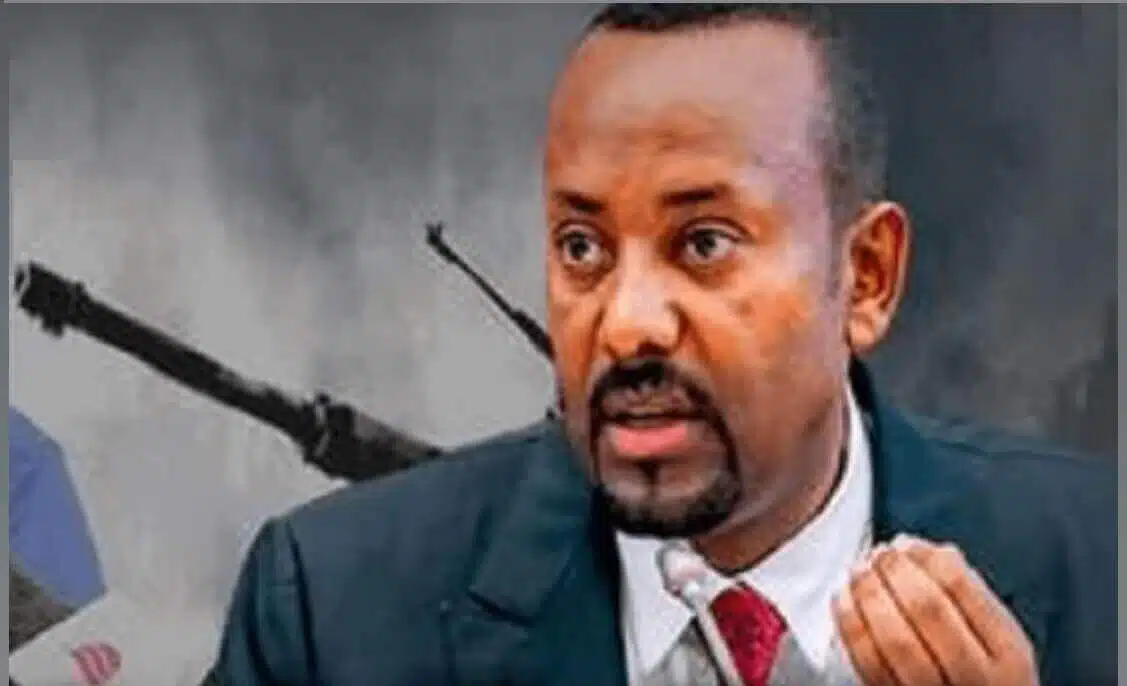Tallied by RSF since April, the arrests of these 11 journalists in connection with their coverage of the tension follow a previous wave of arrests in May 2022. Ethiopia’s second most populous region, Amhara has seen tension between the federal army and Amhara nationalist militias for years. In a country shaped by its ethnic and regional groups, the Amhara people – the second largest ethnic group after the Oromo – are marginalised and are often the victims of abuses.
 The clashes have intensified since April, when Prime Minister Abiy Ahmed announced his intention to dismantle regional military forces throughout Ethiopia. Three days after a state of emergency was declared in the Amhara region on 3 August, Alpha Media founder and editor Bekalu Alamrew was arrested by the Ethiopian police as he continued his activity of the previous few days, which was to cover clashes between the federal army and local militias. Held ever since, he has not been brought before a judge and has not been told what he is charged with.
The clashes have intensified since April, when Prime Minister Abiy Ahmed announced his intention to dismantle regional military forces throughout Ethiopia. Three days after a state of emergency was declared in the Amhara region on 3 August, Alpha Media founder and editor Bekalu Alamrew was arrested by the Ethiopian police as he continued his activity of the previous few days, which was to cover clashes between the federal army and local militias. Held ever since, he has not been brought before a judge and has not been told what he is charged with.
Amhara Media Centre YouTube channel director Abay Zewdu has been held ever since 10 August. He was initially arrested in April and spent three weeks in prison in connection with his coverage of political and social issues related to the situation of the Amhara in Ethiopia. Yidnekachew Kebede, the founder of the online Negari TV channel, was arrested at his home on the morning of 17 August after covering the recent events in the Amhara region and is currently held at Addis Ababa’s 4th police station.
These arrests are part of a broader drive by the authorities to silence critics of the government, Tens of thousands of alleged pro-Amhara activists have been jailed since the start of the year.
The frequency of arrests of journalists in this region – 11 since April – shows that the Ethiopian government’s strategy is to prevent the media from providing impartial coverage of the tensions raging there. Journalists can no longer express criticism or address certain subjects without risking arbitrary arrest. All these violations are a sad reminder of the way authority was abused during the Tigray war. RSF condemns the persecution of media professionals and calls for the immediate release of all those who are unjustly imprisoned for covering the tensions in the Amhara region, which is in the process of being turned into territory deprived of reliable news and information.
April’s arrests
In April 2023, the security forces arrested eight journalists who had covered subjects related to the Amhara ethnic group or the conflict in the Amhara region or had denounced government abuses. All, or nearly all, are still being held.
Genet Asmamaw is one of those arrested in April. A reporter for the Yegna Media website who covers news developments concerning the Amhara people, she is accused of inciting violence. Her claim that she was mistreated by the police who arrested her on 6 April is corroborated by a recording published by several Ethiopian media outlets.
Meskerem Abera, the founder and editor ofEthio Nikat Media, an independent media outlet, has had a similar experience. Arrested at her home on 9 April, she is alleged by the authorities to have funded the Fano, an ethno-nationalist Amhara youth militia. This is the third time she has been detained in a year. Her trial has gone viral throughout the country. When the Ethiopia Insider website published an article on the charges brought against the journalist, the Ethiopian Media Authority – the media regulator – immediately demanded its withdrawal and the police threatened the website with prosecution for publishing false information.
Assefa Adane, the editor of the Negere Wolkait Media website, was arrested on 6 April – the same day as Asmamaw – after publishing several reports about the Amhara people. RSF has not been able to confirm whether he is still being held. Dawit Begashaw, the cofounder and editor of the Arat Kilo Media website and member of the Ethiopian Media Association’s executive committee, was arrested in the Amhara region’s capital, Bahir Dar, six days later. He had expressed strong criticism of the prime minister in videos published by Arat Kilo and, in an editorial, he had opposed the dismantling of the Amhara special force.
Other forms of harassment
As well as arrests, media covering the conflicts in the Amhara region and their impact on the population have been subjected to other forms of harassment. A burglary at the Ethiopia Insider on the night of 16 July is an example. “Cameras were stolen, but batteries were not taken,” a staff member told RSF. “The burglars were not looking to make money, but to prevent us from working.” Lacking cameras, Ethiopia Insider had to stop all its video productions.
In March, unidentified individuals broke into the premises of the web TV Ethio 251 although it had government security protection. The losses at Ethio 251, which is mostly viewed on YouTube, were put at more than 30,000 euros but it was able to recover the money by means of a fund-raiser. Its offices were also used by two other media named in this release – Arat Kilo and Negere Welkait.
The vilification of Ethiopian journalists and media that cover conflicts is not new. During the war in the Tigray region from November 2020 to November 2022, the authorities pressured journalists to support the army and refrain from covering atrocities and the suffering of the civilian population.
Some journalists fled abroad because of threats against them. But even outside the country, journalists have not been safe. Gobeze Sisay, a journalist who helped found The Voice of Amhara YouTube channel, was extradited from Djibouti back top Ethiopia on 6 May and was detained in the criminal investigation centre in Addis Ababa. He is accused of terrorism because he allegedly cooperated with extremist forces in the Amhara region with the aim of overthrowing the regional leadership.
















